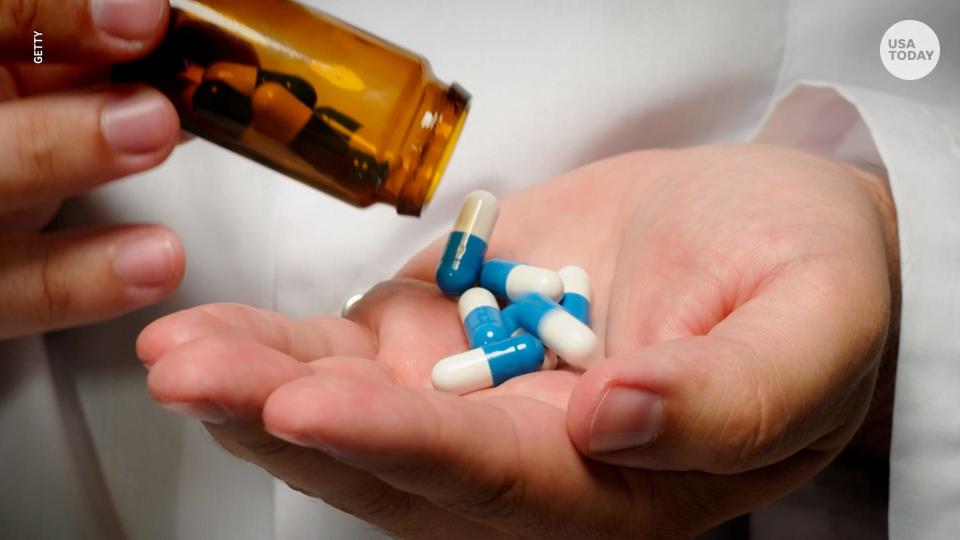What to do if you can't find Adderall in Rhode Island
If you've been unable to get your ADHD medication refilled, you're not alone. Here's what local experts recommend doing in the meantime:
Alternative medications and generic options
Lisa Weyandt, a professor of psychology at URI who has published three books about ADHD, suggests that patients talk to their doctor about switching to other stimulants, such as Vyvanse, Ritalin or Concerta.
However, those alternatives may be more expensive. Some patients also may not respond to different medications, or may experience more severe side effects, she noted.
There are also three non-stimulant drugs approved for treating ADHD: atomoxetine, sold as Strattera; guanfacine, sold as Intuniv; and viloxazine, sold as Qelbree.
Another alternative that is currently only approved for children age 7 to 12 is an external trigeminal nerve stimulation system called Monarch, Weyandt said. A patch is placed on the patient's forehead and connected to electrodes that provide low-current electrical stimulation.
"It's thought to stimulate areas of the brain that need to be stimulated like medication does," Weyandt explained.

More on the Adderall shortage:How Rhode Islanders are coping with an Adderall shortage, from pharmacy shopping to generics
Coping mechanisms to help improve focus
Aside from exploring changes in medication, people with ADHD can also benefit from breaking tasks into smaller chunks, interrupted by frequent breaks, Weyandt said.
"I tell college students, you cannot sit down with ADHD and study for two hours," she said.
Studies have shown that regular aerobic exercise can help some patients with mild to moderate symptoms of ADHD, Weyandt added. Deep breathing and other "mindfulness training" can make a difference, too. For high school and college students, she recommends using apps for reminders to keep appointments and get to class.
Weyandt also recommends that parents stay in close contact with teachers about any changes to their children's medications, and work together to see if adjustments can be made in the classroom.
"Being flexible and patient will go a long way," she said. "Hopefully, the shortage won’t last too much longer."
Develop a relationship with your pharmacist
Anita Jacobson, a professor of clinical practice at URI’s College of Pharmacy, notes that temporarily switching to an alternative ADHD medication that hasn't been as effective for you in the past may still be better than nothing at all.
And calling around from pharmacy to pharmacy looking for Adderall may not get you anywhere, because pharmacists are concerned about getting robbed or attracting Drug Enforcement Administration scrutiny, she said.
She suggests that it's better to form a relationship with your local pharmacist, who can let you know when your medication is in stock or if there are other alternatives available that your doctor could prescribe instead.
This article originally appeared on The Providence Journal: What to do if you can't find Adderall for ADHD because of the shortage

